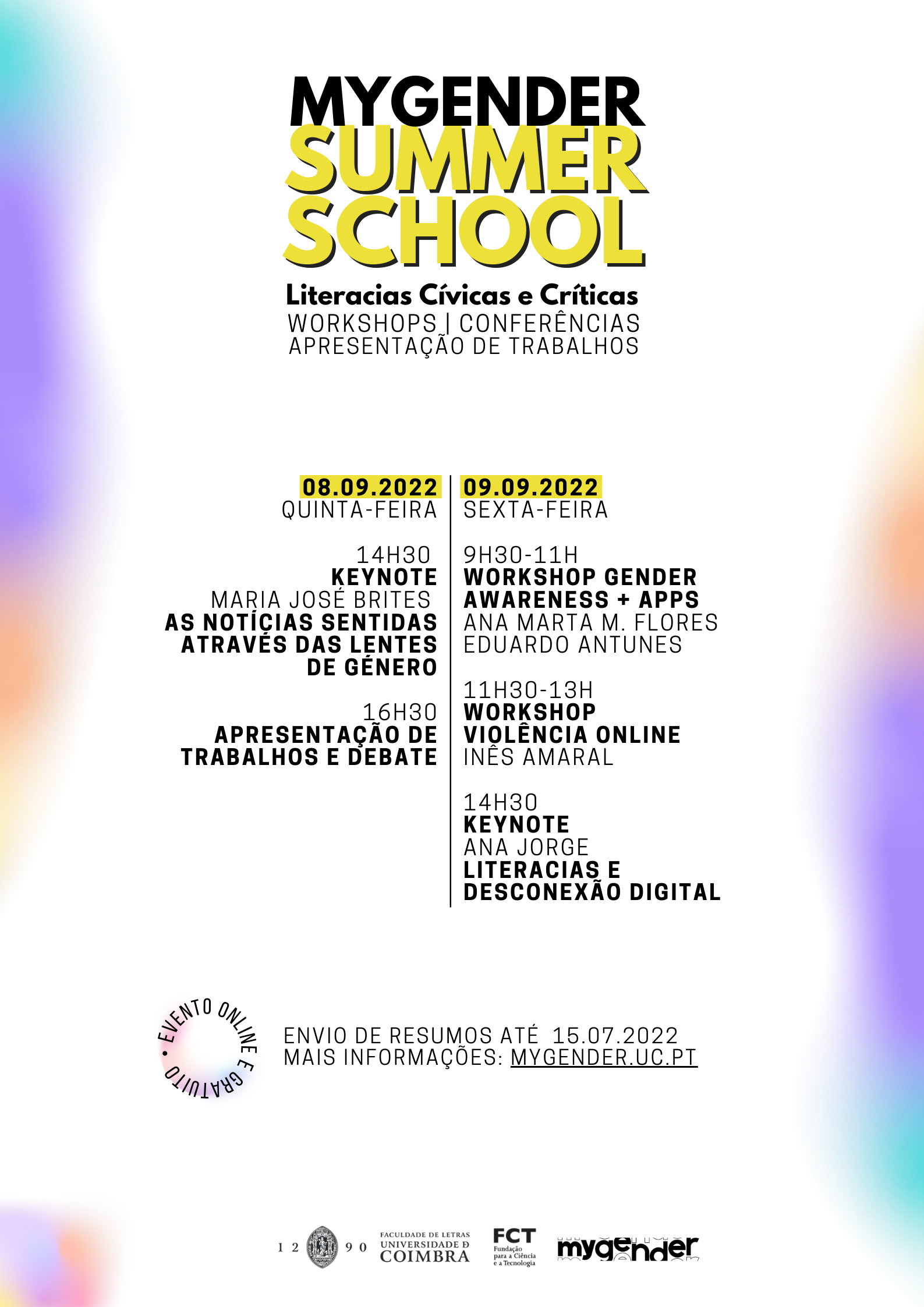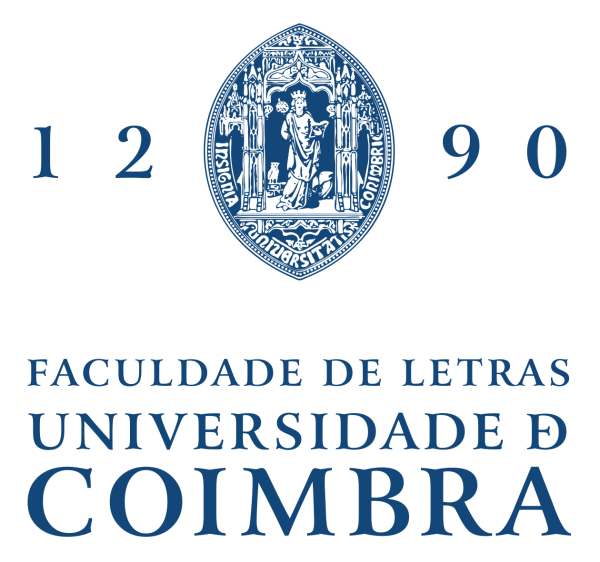On September 8 and 9, the MyGender Project promotes the Summer School with workshops, conferences and presentations of papers on civic and critical literacies. The entire program will be online, open to the public and free of charge.
The summer school theme is in the context of everyday life that needs knowledge and tools that allow people to stay informed. Only in this way can one effectively participate in civic life, with a critical eye on the environment that surrounds them. A participation that is said to be effective in society, but also political, requires a set of varied skills, which can be encompassed in the ideas of “civic and critical literacies”.
CALL OF ABSTRACTS
Educational establishments play an important role in the civic and civic education of their young people and in building the civic literacy capacity of students, in the face of the increasingly complex media landscape, in the form of media education. The notions of civic and critical literacy must be thought of in order to include different forms of media culture, information and communication technologies and new media. Thus, the analysis of literacy is deepened in the relations between the media and citizens who deal with topics such as gender issues, or other indicators of inequality and power, since gender differences exist both in education and in the distribution of civic and criticism.
The complex media landscape adds challenges to the development of these literacies’ capacities, intricating understandings of news and other media forms of (dis)information circulation. The increasing digitization of everyday life has increased the flow of (dis)information, which raises questions about the role of the media in the quality of civic and critical literacies. Therefore, civic and critical literacies encompass understandings of the power relations that organize information and journalism and the very capacities of critical interpretation of this information conveyed by more and more media and communication vehicles.
We encourage the submission of abstracts with up to 300 words of original theoretical and empirical works that use qualitative, quantitative or mixed methodologies. Scientific contributions, in PORTUGUESE, that focus on the themes below are accepted, but not limited to:
- media literacy in the classroom;
- the role of school libraries in promoting media literacy;
- the links between the media landscape and civic and critical literacies;
- democracy and civic and critical literacies;
- disinformation, fake news and other dangers to civic and critical literacies;
- media education;
- gender and civic and critical literacies.
Sending submissions or questions to mygender@fl.uc.pt by July 15, 2022.
PROGRAMAÇÃO
08.09.2022 | Thursday
14h30 | Keynote
Maria José Brites | As notícias sentidas através das lentes de género
16h | Apresentação de trabalhos e debate
09.09.2022 | Friday
9h30 – 11h | Workshop
gender awareness + apps | Ana Marta M. Flores | Eduardo Antunes
11h30-13h | Workshop
Violência online | Inês Amaral
14h30 | Keynote
Ana Jorge | Literacias e desconexão digital
Register at this link or in the form below:









